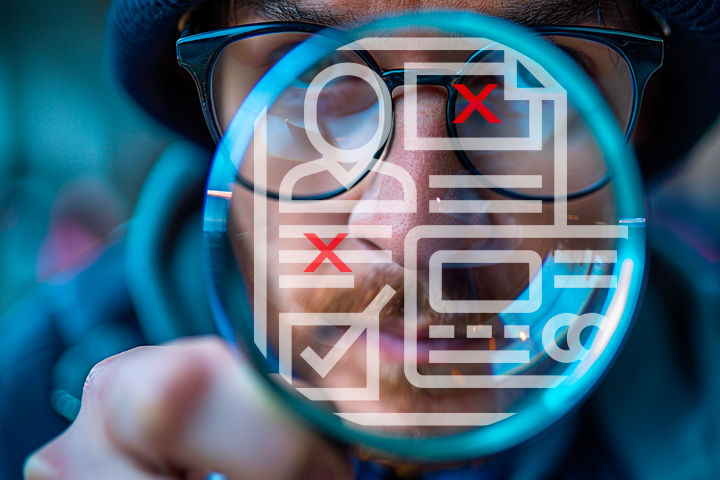
Do the “7 Deadly Sins” apply to being a consumer? Yeah, in a way.
It's like gluttony and the overconsumption of goods, or pride when it comes to buying things solely to project a certain image or social status, neglecting actual need or value and exceeding what is truly needed or used.
But let’s get out of the psychology of consumerism and think about the mistakes consumers make. The common pitfalls we all make are not comparing prices and features, falling prey to marketing tactics, not reading reviews and fine print, not negotiating or using available discounts and not taking advantage of return policies.
Everyone can raise a hand on at least one of those, right?
But, the most important thing we tend to get wrong is leaving the accuracy of our credit reports to someone else.
403,552 of you
In a new ConsumerAffairs review of complaints made to the Consumer Financial Protection Bureau (CFPB), the number of disputes about “incorrect information” in credit reports from TransUnion, Experian, and Equifax, rose from 200,273 in 2022 to 403,552 matches in 2023.
And things are looking even sadder for 2024. So far – through Feb 26, 2024 – there have been 101,516 gripes filed about mistakes on consumers’ credit reports. At that rate, we could be looking down the barrel of more than 600,000 complaints by the end of this year.
All sorts of complaints
Credit reports have never been perfect, but with Americans buying things and taking out credit like crazy, more stuff is hitting the proverbial fan than ever before.
“The credit bureaus stated my [report] was properly investigated but how is that possible if the open date is inaccurate, the date last active is inaccurate, and the date last reported is not accurate,” complained one consumer.
Is it time for you to take another look at your credit reports?
If your credit score is decent – say above 600 – you probably don’t worry too much about what’s being reported.
But maybe you should. There are three frequent mistakes consumers make regarding their credit reports and with just a little effort, that 600’ish score could go up just enough to lower your credit card interest rate or your mortgage the next time you apply for one.
The most common mistakes on credit reports are:
Personal information mistakes: And this is quite a catch-all, too – anything from a misspelling of your name or address to an incorrect date of birth or your Social Security number.
Account reporting errors: This is a more difficult can of worms because these involve inaccuracies related to individual accounts listed on your report, such as:
An account reported by someone as closed that might really be open, or vice versa.
Missed or late payments might be incorrectly reported, too, even if you made payments on time.
Incorrect credit limits, balances, or dates opened/closed can appear, as well.
Identity theft: Fraudulent accounts opened in your name are showing up more and more, so stay vigilant.
Duplicate accounts: Because of reporting inconsistencies between the credit bureaus, your account information might be listed multiple times on a report, so correct that, too.
Earn bonus points!
We’ve covered the basic mistakes consumers make with credit reports, but there are some reporting errors that you might find if you look a little deeper or you take care of them quicker.
The first one is not disputing errors promptly. The faster you dispute an error, the sooner it gets corrected and the sooner your credit score benefits. Leave a mistake on there too long and it’ll just make matters worse.
Another is closing old accounts in good standing. Sometimes, we pay off credit cards and just leave things at that, but if we don’t close them completely, they still hang out there as active and can lower your score.
Photo Credit: Consumer Affairs News Department Images
Posted: 2024-02-28 11:50:11



















